Are European Baby Formulas Safe To Use?
This post may contain affiliate links. As an Amazon Associate, I earn from qualifying purchases. Please read my disclosure.On June 11th, New York Times Parenting released an article on European baby formula, a topic I’ve written about very extensively on this site.
As all of you know, I’m passionate about helping parents finding the best baby formula for their little ones: formulas that are organic, formulas that are free of added sugars (which can come in the form of — glucose syrup solids, sucrose, sugar, corn syrup, brown rice syrup, etc.) and free of heavily processed ingredients like ascorbic palmitate or maltodextrin.
I struggled with nursing both of my kids, and I was exhausted by the unrealistic, un-empathetic pressures put on new moms to nurse exclusively no matter what. Because of that, I feel it’s important for moms to be able to find a formula they can feel good about giving their baby, in the event they can’t or choose not to breastfeed. So far, that formula is European formula since most US formulas don’t measure up.
Which is why, when the NYT article came out, I was hoping they’d provide a balanced view of the pros and cons of the best organic baby formulas made in the US vs. European formula. Instead, I found their article to be one-sided, confusing, poorly researched, and misleading.
What are my objections to the NYT article? And where does their reporting fall short? Here is a breakdown of the inaccuracies and errors in the piece that are not up to the standard I’d expect to see from the NYT.
The article attempts to make the point that European formulas like HiPP, Holle, and Lebenswert are risky because they have not been reviewed by the FDA. However, it buries the most fundamental point—that, in its own words, “food safety standards for products sold in the European Union are stricter than those imposed by the F.D.A.”—until readers are three quarters of the way into the article.
To help all of you better interpret the article, I’ll discuss each point the article makes, explaining where its analysis is faulty, and outlining which risks parents actually should look out for. (As with many infant products, there are pros and cons that parents can and should navigate with European formula—they just aren’t the ones the article primarily focuses on.)
Are European baby formulas healthier than US baby formulas?
This is perhaps the most important question of all. Parents buy brands like HiPP and Holle because they, and I, see them as the healthiest options available. So is this true?
The Article Claims:
- The FDA was notified of 6 adverse events linked to European formulas.
- A study published in the Journal of Pediatric Gastroenterology and Nutrition reviewing 14 of the most frequently purchased European formulas concluded that the formulas did not meet FDA labeling requirements and that 10 out of 14 did not have all the required nutrients.
The Reality:
- The article itself notes that, in each of the 6 cases reported to the FDA, there was no conclusive link between the European formula and the reported illness. (Since that’s the case, why even mention the reported cases? For comparison, just imagine how many adverse events in infants have been reported to the FDA where the infant was on a US formula? This is like saying there were 6 cases where the infants had a cold. And they all happened to be on European formula.” That’s a weak link. Did the European formula cause the cold? Or was it a coincidence that they were on European formula?)
- The article itself concedes that “the researchers’ main concern was not necessarily with the formulas’ composition, but with the way they are entering the country and how the labels are being interpreted”. Unfortunately, you have to read the whole article to learn this. The primary issue the study uncovers is that the formulas do not have English labels, which, as they are manufactured and distributed in Europe, should come as no surprise. And, all of the distributors I stand behind have clear preparation instructions in English on their websites for each of the European formulas they sell (you can see examples here, here,and here,). Like any formula, it’s just about reading the directions and following them properly.
- As I’ve written about previously, ingredients that absolutely should not be in baby formula are found all the time in US formulas, even in organic brands. These include processed refined sugars, synthetic DHA and ARA, synthetic preservatives, and synthetic nutrients, and toxic contaminants.
- The Clean Label Project found in 2017 that a shocking 80% of 86 US formulas that they tested contained arsenic, with many also containing toxins like lead and cadmium. The FDA’s absolutely chilling response was that “it is important for consumers to understand that some contaminants, such as heavy metals like lead or arsenic, are in the environment and cannot simply be removed from food.” These contaminants are indeed present in some environments, which is why Europe’s high organic food and farming standards—where you certainly won’t find these toxins—are so critical.
The Bottom Line: European formulas are popular for a reason—they are far cleaner, and many parents don’t want to expose their children to the toxins all-too-frequently found in US formulas.
Do European formulas have equivalent options available in the US?
The Article Claims:
- Dr. Steven Abrams, the pediatrician referenced in the article, claims “There isn’t something magical about these European formulas. Every single type of formula that they have there exists in numerous different versions in the United States.” He claims that “parents who are looking for organic formula or formula derived from grass-fed cows can find those options in the United States as well.”
- Abrams further claims that “all these formulas, especially the partial hydrolysates, are heavily processed. What the cow’s eating doesn’t really affect much of anything.”
The Reality:
- Abrams’s view that all organic formulas or formulas derived from grass-fed cows are made equal is, in a word, alarming. As I cover in detail in my best organic baby formula article, Baby’s Only with Whey—the top organic US formula—is a quality formula, but it contains soy, a hormone disruptor which has been linked by a 1696-person study published in Human Reproduction to severe menstrual pain later in life. Not to mention, the range of other organic and grass-fed options you’ll find available in the US come with their own host of issues, like the popular Similac Organic, which lists “organic sugar” third in its ingredient list. Why is sugar even ON the ingredients list to begin with? It’s because it’s cheaper than lactose, which is the correct carbohydrate to include in baby formula.
- One of the main reasons parents turn to European formulas is exactly that they aren’t heavily processed—and in fact to meet European organic standards, they can’t be.
- Further, Abrams’s claim that what cows eat doesn’t matter is just flat-out incorrect, and shockingly so. There are literally dozens of studies (seriously—here are 13 separate studies I found just through a single search in a research database: 1 2 3 4 5 6 7 8 9 10 11 12 13) conclusively showing various effects of cows’ diet on the composition of cow milk.
- In particular, and most relevant—the evidence is clear that “grazing dairy cows produce milk with high levels of unsaturated fatty acids and conjugated linoleic acid, which are able to reduce cardiovascular diseases and have some anticancer properties”. It’s overwhelmingly clear that what cows eat matters, and in fact matters very much to the quality of baby formula, which means that the higher farming standards (e.g. Demeter and Bioland) found in Europe make a world of difference.
The Bottom Line: European formulas do not have equivalents in the US—not even meaningfully close. The higher organic standards and farming regulations in Europe make top European formulas head and shoulders above any available US formulas. (And simple logic backs this—European formulas are expensive! If there were comparable US formulas, parents wouldn’t turn to Europe!)
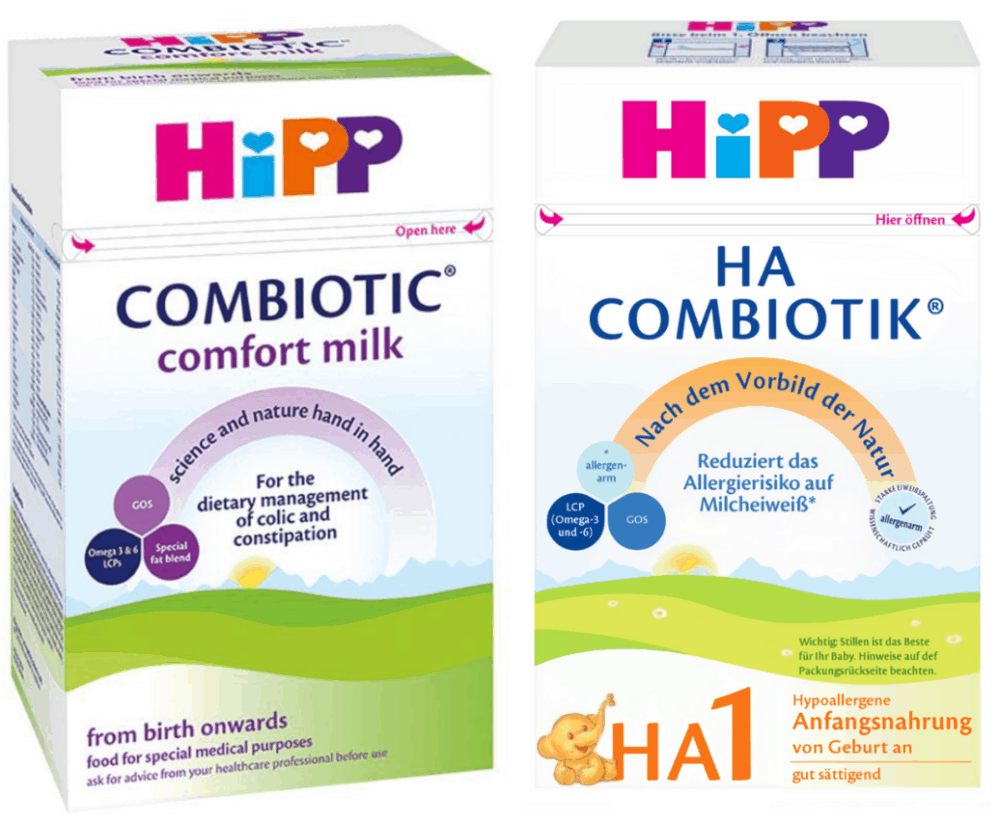
Are formulas labeled hypoallergenic meant for children with cow’s milk allergies?
The Article Claims: “Parents in the United States may not realize that European formulas labeled hypoallergenic aren’t meant for children with cow’s milk allergies.”
The Reality: This is a bizarre claim that, as seems to be the article’s style, requires careful reading deeper into the article to debunk.
After this initial statement, the author goes on to state that the issue with these formulas is that they would not be labeled as hypoallergenic in the US, because formulas must undergo clinical trials in the US to be labeled as hypoallergenic.
It does not, therefore, make any point about whether HiPP HA actually is or is not hypoallergenic—just that it has not undergone clinical trials in the US, which, given that it’s a European formula, should again come as no surprise.
As thousands of American parents of children with allergies to cow milk proteins and many millions of European parents will tell you, HiPP HA is very effective at reducing these allergies.
The Bottom Line: The article’s evidence (that European hypoallergenic formulas haven’t undergone clinical trials in the US) does not match its claim (that HiPP HA is not meant for children with cow’s milk allergies), and the disconnect here is very misleading and disappointing. As many parents and pediatricians will attest, HiPP HA (and its counterpart, HiPP Comfort) are a great option for children with cow’s milk allergies.
Do vendors store baby formula properly?
The Article Claims: “Unofficial formula vendors may not store the powdered formula properly, raising the possibility of bacterial contamination, product deterioration or loss in nutrient density.”
The Reality: By and large, this claim is similar to saying “There is a risk your food provider is unsafe and unethical, or at least ignorant”. The FDA does not regulate transportation or storage of formula in general. Your local bodega stocking even the best US formulas would be just as likely to store them improperly for long periods of time. This concern applies to all formulas, regardless of where they are from.
All serious formula distributors take great care to ensure the end-to-end safety of formula throughout their supply chain, holding themselves to the highest safety standards.
The Bottom Line: Of all claims made thus far, this is the one that parents should be most cautious of. As there are many retailers available, parents should stick to the largest, most established ones, which tend to have stronger supply chains and warehouse operations. Some suppliers publicly publish the standards they adhere to in ensuring temperature regulation and quality control in their import and storage processes, and this is something parents should look for as well when choosing their suppliers. As with any product you buy online, parents should read reviews and stick to the more established suppliers, and they will have nothing to worry about.
Would US vendors know if any European baby formulas are recalled?
The Article Claims: “There is no system in place to notify consumers in the United States if any of these formulas are recalled.”
The Reality: I researched this one by speaking with the moderators of the 20,000+ person HiPP & Holle Formulas Parent Support Community Facebook group mentioned in the NYT article, as they had surveyed dozens of vendors on this question.
The responses from all vendors they asked was uniformly that they all have personal, direct relationships with the manufacturers of these formulas, and would be immediately informed if any recalls happen. The vendors would then inform customers directly via email and phone. The community as a whole also regularly monitors news feeds from European formula brands and is in frequent direct contact with them to ask questions.
The Bottom Line: Parents would very quickly find out from their vendors if any European formulas were ever recalled.
For any parents still concerned about this, imagine an alternative—if you were to buy Enfamil via Amazon, Costco, or your local grocery store, and didn’t monitor Enfamil’s news feeds (who does?)…how quickly would you find out about any recalls?
Knowing that my formula comes from vendors who religiously focus only on finding and supplying the best formula puts my mind far more at ease when it comes to trusting that they’ll tell me about recalls.
So, what’s the deal, New York Times?
I’ve gone point by point here on why the New York Times Parenting article was so poorly researched, misleading, and, in some cases, flat out incorrect.
It’s disappointing, and also begs the question—what was the motivation for this article getting published?
While it’s not possible to exactly know what was behind this article being written, I’d encourage parents to do their own research on the relationships between the main medical authority cited in the article (Dr. Abrams), US formula white-label companies (like Perrigo, who would have an interest in seeing an article like this get published), and the authors of the NYT article.
Perhaps the saddest potential fallout of the NYT article is the risk that some readers fall for the scare tactics and purchase FDA-approved formulas, with ingredient lists that typically look like this:
Ingredient #1: Corn syrup. Enough said.
This is the real problem that news outlets should focus on when it comes to baby formula.
I hope this post was helpful to any of you who read the NYT article and had questions. I am sure parents who have done their research in this field will agree with me in my sincere hope that future reporting on this subject be not only more accurate, but also promote a world in which American parents can more easily get access to top quality, clean, nutritious formulas for our little ones!




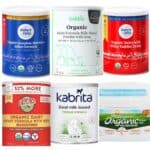

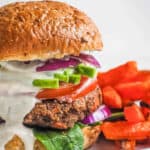
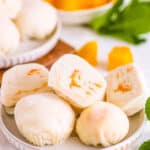
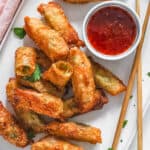
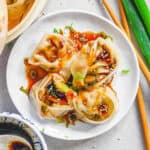
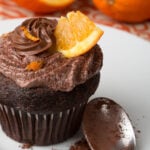
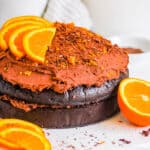
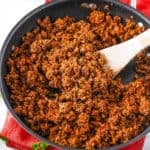
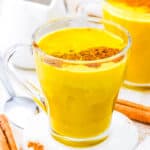
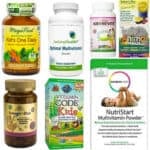
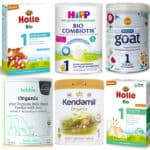
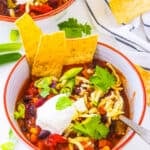
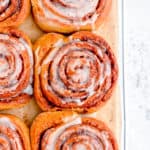
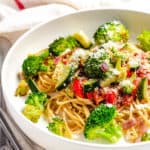
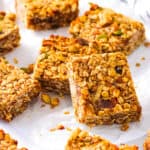


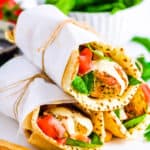
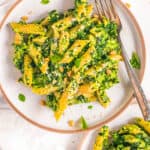
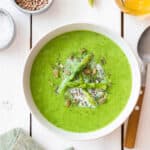
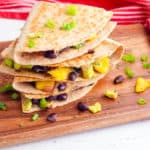
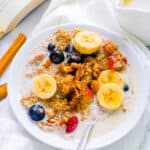
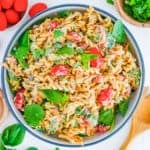
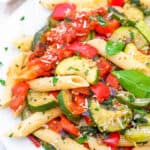
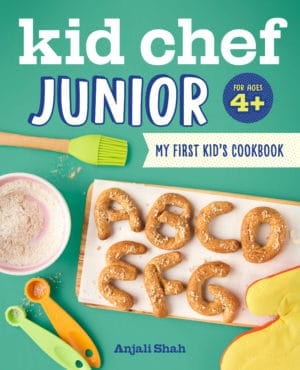


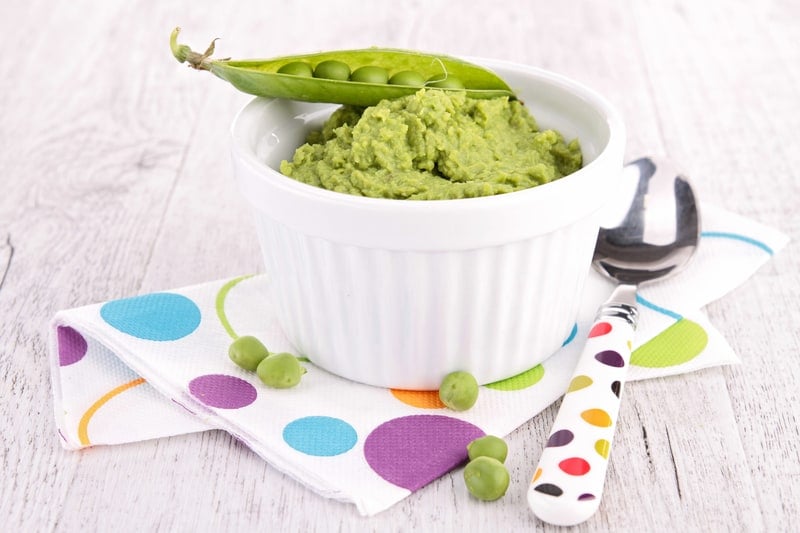
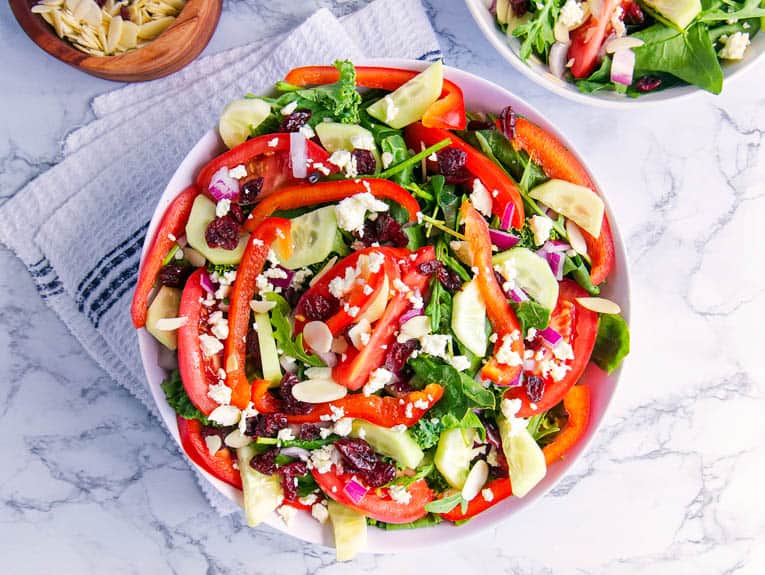


What about the lower iron levels in the Hipp formulas which are now being recalled?
Hi Paula! From what I know, the term “recall” is inaccurate to describe what is going on with the FDA and European formulas right now. In my opinion, it seems like a loophole being used to shut Little Bundle down, because they weren’t in compliance with FDA regulations when it comes to distributing European formula in the US (they were doing US-to-US-shipment vs. Europe-direct-to-US-shipment). US-to-US-shipment for non-US products is not in compliance with the FDA. Here is what else I know about this “recall”:
– We have inquired directly with HiPP, Holle, Lebenswert and Kendamil and they have confirmed that there are no recalls on their products and they all continue to meet European nutritional requirements. Families in Europe are still using these formulas on a daily basis.
– US and EU standards are different for formula, but EU standards are actually more stringent than US standards.
– The iron levels in the EU formulas meet the EU requirements and standards for iron in infant formula.
– Kendamil (an EU formula) also meets the US standards for iron (as well as the EU standards). In fact, only 8 of the formulas listed in the recall don’t meet the US standards for iron, but over 20 formulas were recalled in total. (Again, this is why I think “recall” is not the term to be using for what’s going on)
– My opinion is that while not all of the EU formulas meet the US standards for iron, they do meet the EU standards, and families in Europe have been giving their children these formulas for literally decades with no issues and no reports about widespread effects of the “low” iron in their formulas.
– I gave both of my kids HiPP Dutch with no issues (their iron is normal).
– Other thoughts about iron: infants have iron stores from their mother that remain with them for 6 months after birth. After that, they’ll be getting iron from both solid foods and from formula or breastmilk. So formula won’t be their only source of iron. That is all to say that if it were my kids, I’d still use the European formula. But I’m not a doctor and you have to do what you feel most comfortable with for your kiddo (and what your pediatrician feels comfortable with as well!)
– I came across this article which outlines the FDA vs. EU requirements for infant formula in detail and shows how HiPP, Holle, Lebenswert stack up which might be helpful: https://medium.com/@santacrz1988/do-hipp-holle-and-lebenswert-meet-fda-nutritional-requirements-781a47f7cf35
I am not a doctor, and can’t give you medical advice. All I can say is that my opinion is this recall seems more of a method of shutting Little Bundle down than an issue with the formulas themselves. As with any decision, you should do what you think is best for your little one and make sure you are talking to your pediatrician as well! Hope that helps!
thank you , pleae kee up the good work. do you know which one is the best organic toddler formula ?. instead of pediasure or nesquick for healthy weight gain and nutrition?.
thanks
Divya
Hi Divya! I’d recommend Kabrita USA or Baby’s Only with Whey! Both are great options for toddlers and much much better than Pediasure or Nesquick! Hope that helps!
I thank you for your post and hope you sent it to the NYT. Until high quality formulas are available in the US, we will keep purchasing European formulas.
Thank you so much Elizabeth! I did send this to the NYT – hoping they read it and update their article with a more balanced view! And I agree, the real story here is why we don’t have access to the same high quality, organic formulas with minimal processed ingredients that the EU does — I’m just thankful there are ways for us to get that formula in the US for our little ones!